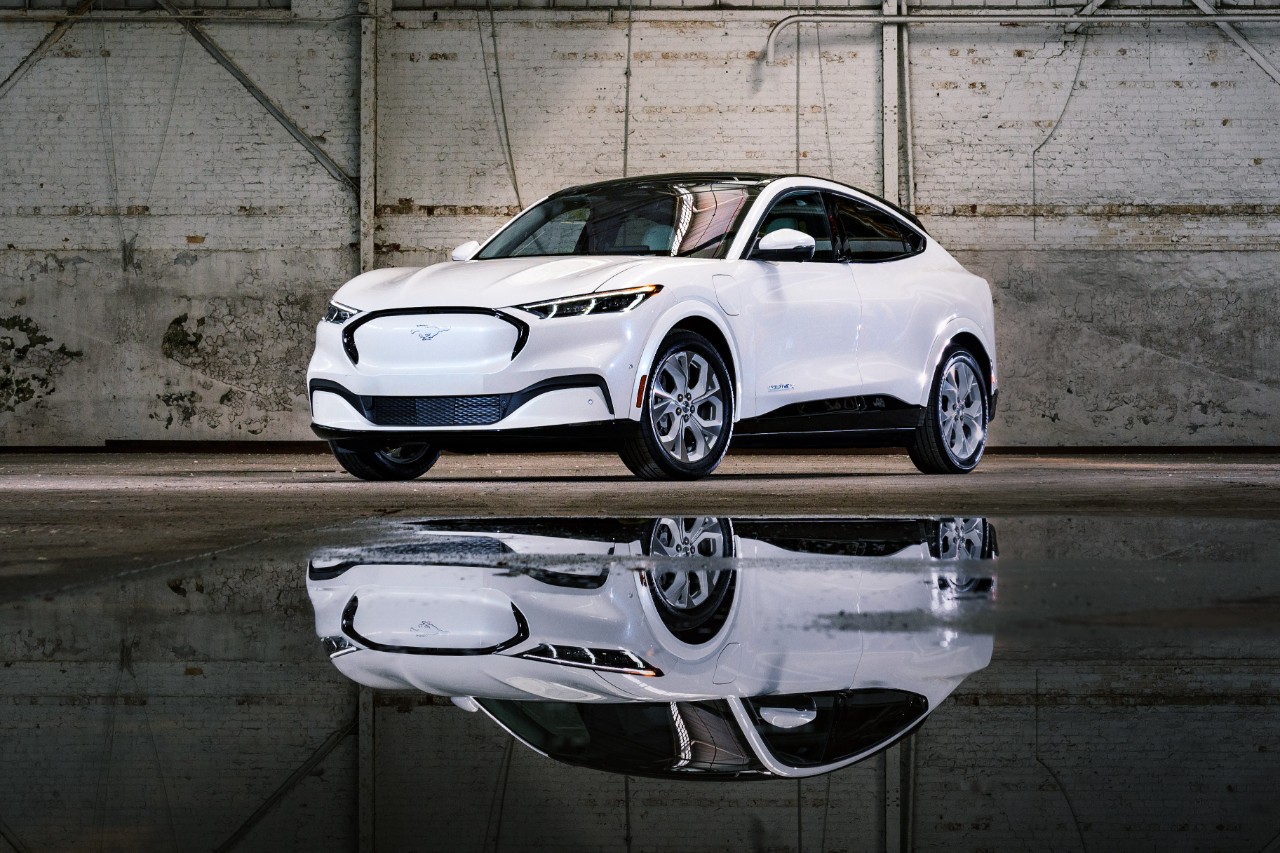Wall Street hit panic-mode on Thursday after President Donald Trump announced a fresh round of tariffs on Chinese imports, with the S&P 500 down more than 2.5% on fears that rapidly escalating tensions could provoke a full-on trade war.
It's impossible to predict all the collateral damage that might come from an increasingly volatile situation, but investors trying to map out what companies might be hardest hit would do well to focus on big consumers of steel and aluminum. Layer in companies that both rely on China for revenue and face significant competition from foreign firms whose prices are unaffected by tariffs, and you have a viable danger list.

ALUMINUM ALLOY COILS AT ARCONIC'S DAVENPORT, IOWA, FACILITY. IMAGE SOURCE: ARCONIC.
Here's why Ford Motor (F 0.58%), Arconic (ARNC +3.03%), and Terex (TEX +7.09%) appear particularly vulnerable in a full-fledged trade war.
Sputtering engine
The entire auto sector is going to be hard hit by the tariffs, but Ford is particularly vulnerable due to its recently-announced plan to seize market share in China. That plan is now at risk of being collateral damage in a trade war.
At home, Goldman Sachs estimates Ford could lose about $1 billion in profits if the tariffs are implemented as planned, representing 7% of 2017 adjusted operating income. Automakers are major buyers of steel, and Ford uses an aluminum body on its popular F-150 pickup.
Longer-term, a trade war could damage the automakers by knocking back gradual progress the companies have made in selling more vehicles overseas. The industry does face onerous restrictions and tariffs that limit their ability to export vehicles to China, where historically they've had to partner with domestic companies to avoid levies. Chinese officials said last year they intend to relax foreign restrictions, for example lifting caps on how much foreign companies can own of their local joint ventures. In a full-on trade war, those restrictions are unlikely to be eased.
Aerospace turbulence
Arconic has been one of the biggest losers among the industrials since the tariff talk heated up, with shares down more than 25% since the end of January. Spun out from former parent Alcoa in late 2016, Arconic is a maker of aerospace fasteners and other products made from metals that will be subject to higher prices.
It was already shaping up to be a make-or-break year for the company, which is under new management after reporting results that have consistently underwhelmed market expectations. Arconic has not yet detailed to investors the exact hit to earnings to expect from Trump's plan, but Cowen & Co. analysts estimated that a $100 jump in the per ton price of aluminum would result in a $100 million EBIDTA decrease on an annualized basis. Because foreign competition will not be subject to the tariff, the higher prices could eat into demand and make it harder for the company to pass along price increases to customers.
Deconstructed
Crane and construction equipment manufacturers are in the crosshairs because they use a lot of steel, and face global competition from companies not impacted by the tariffs. The entire sector, including industry leader Caterpillar, will be impacted, but Terex can't match Caterpillar's scale.
It wasn't long ago that China looked to be a strength for Terex, a company that spent the past few years restructuring after a period of declining sales. The company last November trumpeted a $250 million supply deal there for 5,000 aerial machines signed during a U.S. Trade Mission led by President Trump and Commerce Secretary Wilbur Ross.
China is central to any construction growth story, but the country was already trying to build up local manufacturers. A trade war would likely boost the fortunes of Chinese manufacturers including Zoomlion Heavy Industry Science & Technology at the expense of Terex.









